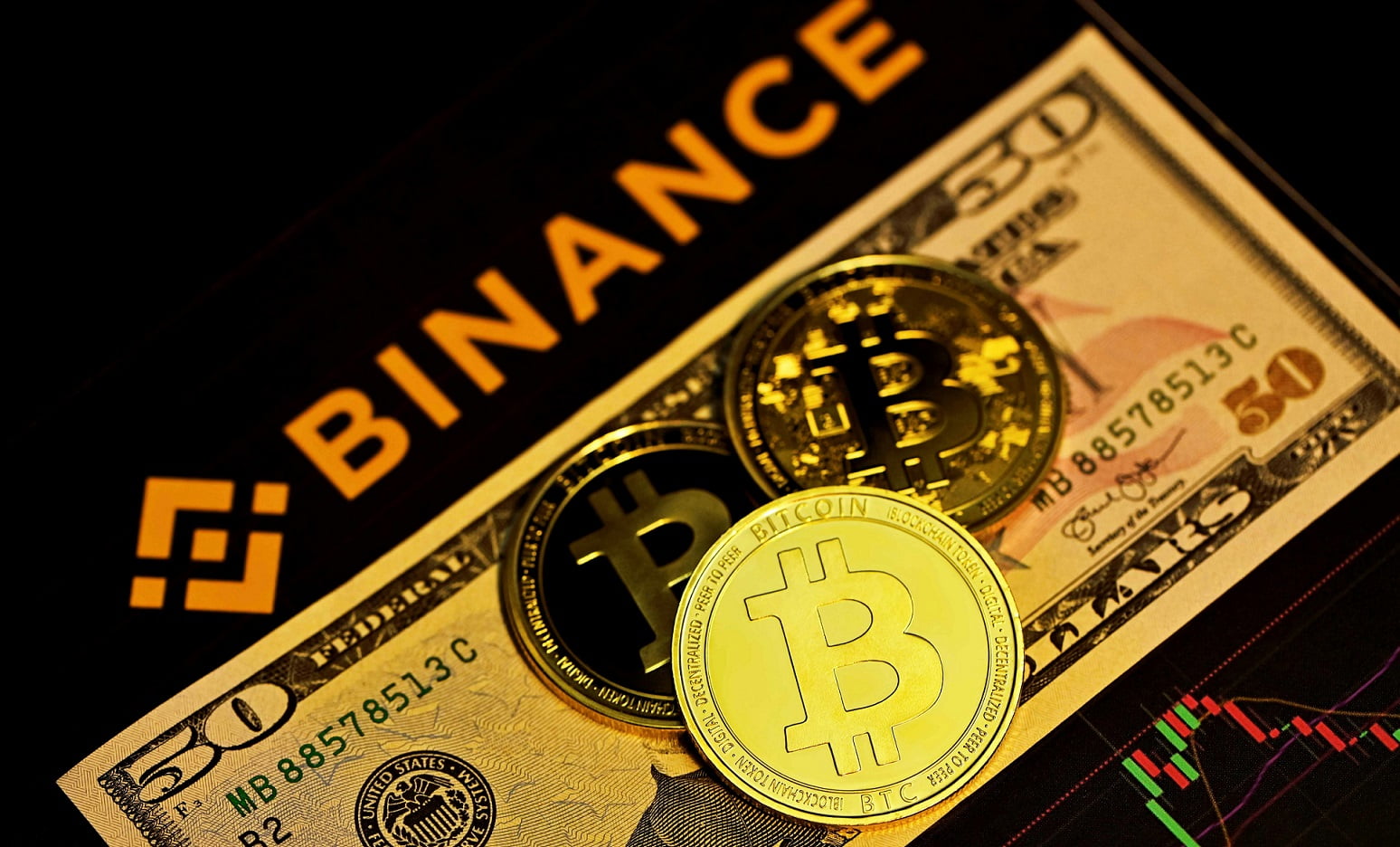The Securities and Exchange Commission (SEC) has implemented a Binance ban, proceeding with blocking the online presence of the cryptocurrency giant in the Philippines.
The Securities and Exchange Commission (SEC) of the Philippines has taken decisive action against cryptocurrency giant Binance, moving to block its online presence within the country.
This move, approved during the Commission’s March 12 meeting, marks a significant development in the regulatory landscape surrounding digital assets and investment platforms in the Philippines.
Binance, a leading player in the global cryptocurrency market, offers a wide range of financial services, including spot trading, futures contracts, option contracts, savings accounts, staking services, and initial coin offerings.
Despite its extensive offerings and massive user base, the SEC has determined that Binance has been operating without the necessary licenses required by Republic Act No. 8799, also known as The Securities Regulation Code (SRC).
SEC’s Concerns and Regulatory Response
SEC Chairperson Emilio B. Aquino emphasized the importance of protecting Filipino investors, stating that the public’s continued access to Binance’s platforms poses a threat to the security of their funds.
The Commission’s decision to block Binance’s website and associated web pages comes as a response to Binance’s unauthorized solicitation of investments and operation of a securities exchange within the Philippines.
Impact of Binance’s Operations
Binance’s prominence in the cryptocurrency industry is undeniable, boasting an average daily trading volume of $65 billion and a membership base exceeding 183 million.
The platform’s widespread popularity, coupled with aggressive promotional campaigns targeting Filipino investors on social media platforms, has raised concerns among regulatory authorities regarding investor protection and compliance with securities laws.
SEC’s Proactive Measures
The SEC’s move to block Binance’s online presence follows months of scrutiny and warning against the platform’s unauthorized activities.
As early as November 2023, the SEC had cautioned the public against investing in Binance and initiated discussions on potential measures to restrict its operations in the Philippines.
Recognizing the potential impact on investors, the SEC has assured the public of sufficient time to transition away from Binance’s platform and explore authorized investment products and platforms.
Collaboration with National Telecommunications Commission (NTC)
The SEC’s collaboration with the National Telecommunications Commission (NTC) underscores the concerted efforts to combat illegal investment activities online.
In February, the NTC issued directives to internet service providers to block the websites and apps of other unauthorized investment platforms, such as OctaFX and MiTrade, further demonstrating the regulatory resolve to uphold investor protection laws.
Best Alternative Local Exchanges in the Philippines Amidst Binance Ban
As the Securities and Exchange Commission (SEC) proceeds with the blocking of Binance’s online presence in the Philippines, investors are seeking alternative platforms to engage in cryptocurrency trading while ensuring regulatory compliance and investor protection.
Here are four best licensed virtual currency exchanges in the Philippines, offering secure and regulated environments for trading:
1. PDAX (Philippine Digital Asset Exchange)
PDAX, established in 2018, is a regulated digital asset exchange platform in the Philippines.
Licensed by both the BSP and the SEC, PDAX offers a simplified interface for cryptocurrency trading.
The platform provides various payment options such as bank transfers, online banking, and e-wallets, making it accessible to a wide range of users. PDAX also offers a built-in digital wallet for securely storing cryptocurrencies.
| Section | Details |
|---|---|
| Established | 2018 |
| Regulation | BSP, SEC |
| Website | pdax.ph |
| KYC Requirements | Email Address, Valid ID, Personal Information, Selfie Verification |
| Minimum Buy Price | ₱50 |
| Cryptocurrencies Available | 37+ |
2. Coins.Ph
Coins.ph, established in 2014, is a leading digital wallet app in the Philippines.
Regulated by the Bangko Sentral ng Pilipinas (BSP), it holds Virtual Asset Service Provider (VASP) and Electronic Money Issuer (EMI) licenses.
The platform facilitates financial services for both the banked and unbanked population. With a user-friendly interface, Coins.ph allows users to convert fiat (Philippine peso) to various cryptocurrencies such as Bitcoin, Bitcoin Cash, XRP, Ethereum, and more.
| Section | Details |
|---|---|
| Established | 2014 |
| Regulation | BSP VASP, EMI |
| Website | coins.ph |
| KYC Requirements | Phone Number, Email Address, Valid ID, Personal Information, Selfie Verification |
| Minimum Buy Price | ₱5 |
| Cryptocurrencies Available | 58+ |
3. GCash (GCrypto)
GCash, a popular e-wallet giant in the Philippines, offers GCrypto, a cryptocurrency platform powered by PDAX.
GCrypto integrates seamlessly within the GCash ecosystem, providing users with access to digital assets. With GCrypto, users can conveniently buy, sell, and hold cryptocurrencies through their GCash accounts, promoting financial inclusivity and accessibility.
| Section | Details |
|---|---|
| Regulation | VASP license powered by PDAX |
| Website | gcash.com |
| KYC Requirements | Personal Information, Valid ID, Mobile Number, Email Address |
| Minimum Buy Price | Depending on token |
| Cryptocurrencies Available | 27 |
4. Maya (formerly PayMaya)
Maya, formerly known as PayMaya, is a prominent e-wallet service in the Philippines. With its recent rebranding, Maya now offers an expanded range of financial services, including online banking, micro-investments, and cryptocurrency trading.
Maya obtained its virtual asset service provider (VASP) license, allowing users to seamlessly buy and sell cryptocurrencies directly through its platform. Partnering with Coinbase Institutional as its liquidity provider, Maya ensures reliable access to digital assets while enhancing financial inclusivity and convenience.
| Section | Details |
|---|---|
| Regulation | VASP, Digital Bank |
| Website | maya.ph |
| KYC Requirements | Phone Number, Valid ID, Personal Information, Selfie Verification |
| Minimum Buy Price | ₱1 |
| Cryptocurrencies Available | 21 |
Note: For detailed information and registration, please visit the respective websites of these exchanges.
FAQs about Binance Ban in the Philippines
Q: Why has the Securities and Exchange Commission (SEC) of the Philippines implemented a Binance ban?
The SEC has determined that Binance has been operating without the necessary licenses required by Republic Act No. 8799, also known as The Securities Regulation Code (SRC). Binance’s unauthorized solicitation of investments and operation of a securities exchange within the Philippines prompted the SEC’s regulatory action.
Q: What are the concerns expressed by the SEC regarding Binance’s operations?
The SEC is primarily concerned with protecting Filipino investors. They believe that continued access to Binance’s platforms poses a threat to the security of investors’ funds due to the platform’s unauthorized activities.
Q: How significant is Binance’s presence in the cryptocurrency industry?
Binance is a leading player in the global cryptocurrency market, boasting an average daily trading volume of $65 billion and a membership base exceeding 183 million. Its widespread popularity and aggressive promotional campaigns targeting Filipino investors have raised concerns among regulatory authorities.
Q: What are the best alternative local exchanges in the Philippines amidst the Binance ban?
Some alternative licensed virtual currency exchanges in the Philippines include PDAX (Philippine Digital Asset Exchange), Coins.Ph, GCash (GCrypto), and Maya (formerly PayMaya). These platforms offer secure and regulated environments for cryptocurrency trading while ensuring compliance with regulatory standards.
Q: How can investors access these alternative platforms, and what are their key features?
Investors can access these alternative platforms through their respective websites. Each platform has its unique features, including regulation by regulatory bodies such as the Bangko Sentral ng Pilipinas (BSP) and the SEC, various payment options, and a range of available cryptocurrencies. Detailed information and registration procedures are available on the platforms’ websites.
Final Word
As the regulatory landscape surrounding cryptocurrencies and digital assets continues to evolve globally, the SEC’s action about Binance ban highlights the imperative of adherence to regulatory standards and the enforcement of investor protection measures.
While Binance’s operations in the Philippines face regulatory challenges, the broader implications underscore the growing scrutiny faced by cryptocurrency platforms worldwide and the need for comprehensive regulatory frameworks to ensure market integrity and investor confidence.
Also Read: Radiant Capital for Beginners: An Omnichain Money Market
Well, what do you think about the article?
What are your opinions about “Binance Ban In The Philippines Confirmed: SEC Proceeds Blocking Binance“? Please comment down below. Your thoughts and opinions are valuable to us, so please feel free to leave a comment below to let us know if the information provided was helpful.
To see more content like this check the cryptocurrency section of Money For My Beer.

Chief Editor and Website Owner.
Hey, I’m Ryan, a software guy and the owner of Money For My Beer. I’m the one making sure all our posts on the site are awesome.
I usually handle tech stuff that might not be super interesting to everyone, like programming enterprise software, apps, games, and websites. Cool stuff, right? I also help clients with SEO and sometimes create games.

